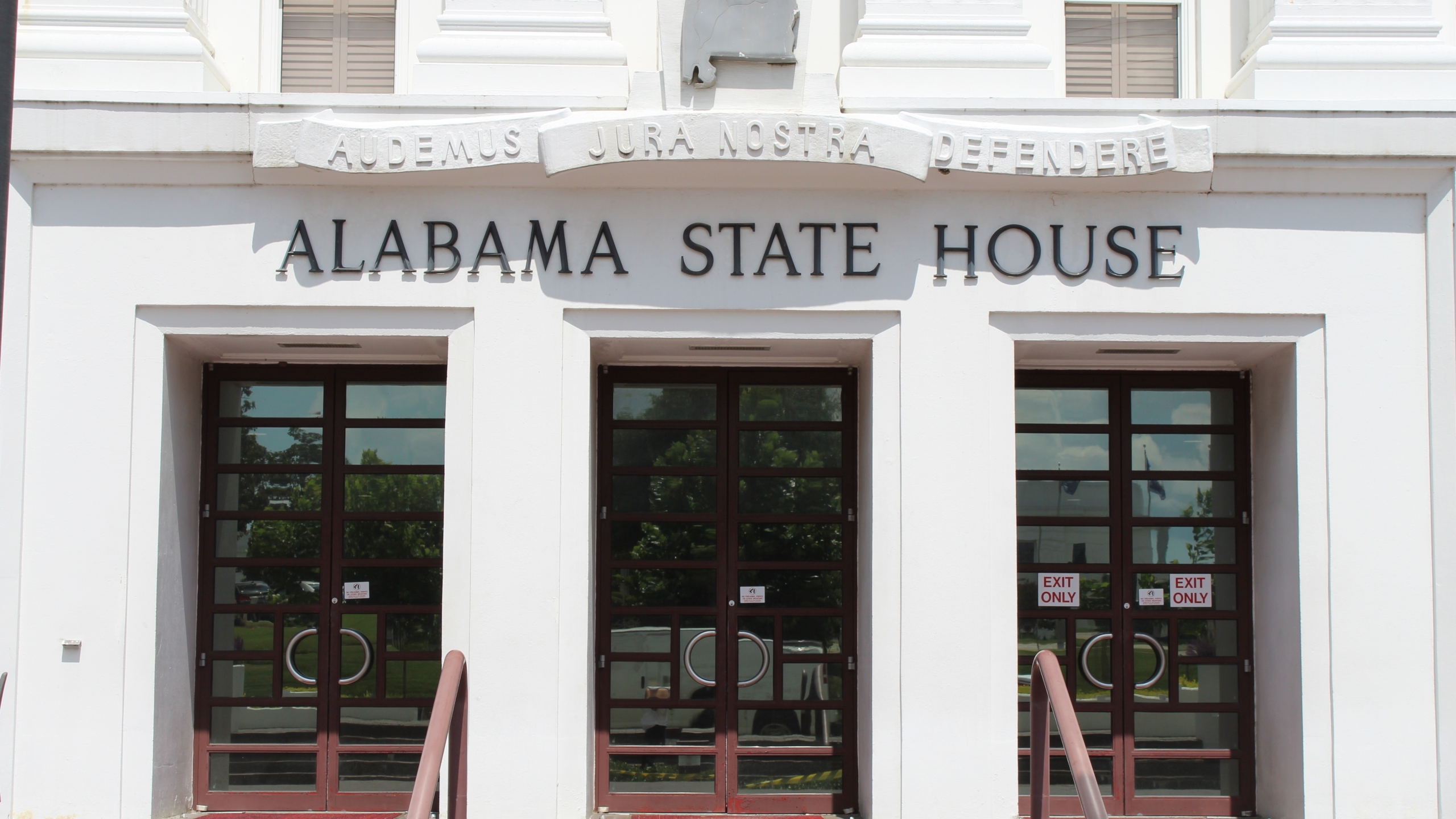Both Houses of the Alabama Legislature will be in session on Tuesday afternoon for the seventh legislative day of the 2021 Regular Session. The Legislature took last week off in order to set priorities for the next two weeks and to review how well the COVID-19 protocols are working.
Gambling bill
One of the highest-profile bills will be the gambling bill being brought by state Sen. Del Marsh, R-Anniston. Senate Bill 214 is a constitutional amendment that would: establish a state lottery, divide the state into gambling territories and allow current gaming magnates to have regional licensed gambling territories where they could operate their casinos legally, and urges the governor to negotiate a compact with the Poarch Band of Creek Indians.
SB214 would implement enabling legislation, which is Senate Bill 215. The lottery income would be used to fund scholarships, must of them vocational though there would also be four-year scholarships for STEM education. Sixty-five percent of the taxes on casinos would go towards broadband expansion in the state until $1 billion was raised. Ten percent would be dedicated to mental health. The rest of the new revenue would go towards rural health care and infrastructure projects, among other things. Marsh’s gaming bill is based on recommendations by the Governor’s Task Force on Gaming which claimed that the state could make between $500 million and $700 million a year from gambling expansion. Gambling is currently prohibited, outside of charity bingo and dog and horse racing by the Constitution of 1901. Marsh is expected to introduce substitutes for his bills this week.
Medical marijuana
Another high-profile bill that the Legislature could address is medical marijuana legislation. Sen. Tim Melson, R-Florence, is the sponsor of Senate Bill 46. SB46 would establish strict protocols for the prescription of medical cannabis products as well as the growing and processing of medical marijuana in the state.
There would be no smokable product or raw plant products allowed.
Criminal justice reform
State Rep. Jim Hill, R-Odenville, is sponsoring legislation that would allow the court system to bring back retired judges on a part time basis that would allow the court system to deal with a backlog of cases, that has been made much worse by the COVID-19 crisis. House Bill 109 has already passed the House of Representatives.
Hill is also the sponsor of legislation that would allow a judge, at his or her discretion, to hold a resentencing hearing for felons convicted of certain non-violent offenses that were sentenced more harshly than they would have been under the 2014 sentencing guidelines. House Bill 109 has already passed the House. Hill, who chairs the powerful House Judiciary Committee, is carrying a number of justice reform bills recommended by the governor’s task force on justice reform that met in 2019.
Sen. Greg Albritton, R-Atmore, is sponsoring legislation that would require the Alabama Department of Correction to compensate county governments for leaving state prisoners in county jails. Previous justice reform efforts to deal with parole violators. Instead of having parole revoked for violations, felons were sent to county jails for three days, called a “dip” in justice circles jargon. If they do this several times, they are supposed to go back to prison for 45 days, referred to as a “dunk” in the jargon used by jailers.
Most of these felons are being warehoused by ADOC in the county jails, where ADOC is not paying to house, feed or provide them with health care. Albritton’s SB36 would make ADOC pay for the healthcare of these inmates and require them to compensate counties for the cost of state prisoners left to linger in county jails. This is a high-priority bill for the Alabama Association of County Commissions.
Military bills
There are also several military bills that are being considered by the Legislature. These were recommended by the lieutenant governor’s task force to prepare the state for the next round of expected military base realignments and closings. Most of these bills would allow the spouse of military members transferred to the state of Alabama, who are licensed in other states to operate their profession, to get a temporary Alabama license to practice their profession rather than being out of work for months while jumping through all of the hoops to get licensed by the state of Alabama.
Sen. Tom Whatley, R-Auburn is carrying legislation, SB83, to allow the children of a military member transferred to Alabama, to immediately qualify for in-state student status at Alabama’s colleges and universities. Speaker of the House Mac McCutcheon, R-Monrovia, has said that these military bills are a priority.
Other legislation
State Rep. Rex Reynolds, R-Huntsville, is carrying legislation that would allow the Alabama Law Enforcement Agency to conduct wiretapping in drug trafficking legislation. House Bill 17 has already passed the House of Representatives and is now before the Senate Judiciary Committee.
There are several bills introduced in both the Senate and the House that would legalize home delivery of wine. This has been a very contentious issue in Montgomery for several years.
The Alabama Legislature is constitutionally prohibited from meeting for more than 30 legislative days in a regular session. Tuesday is day seven.














































